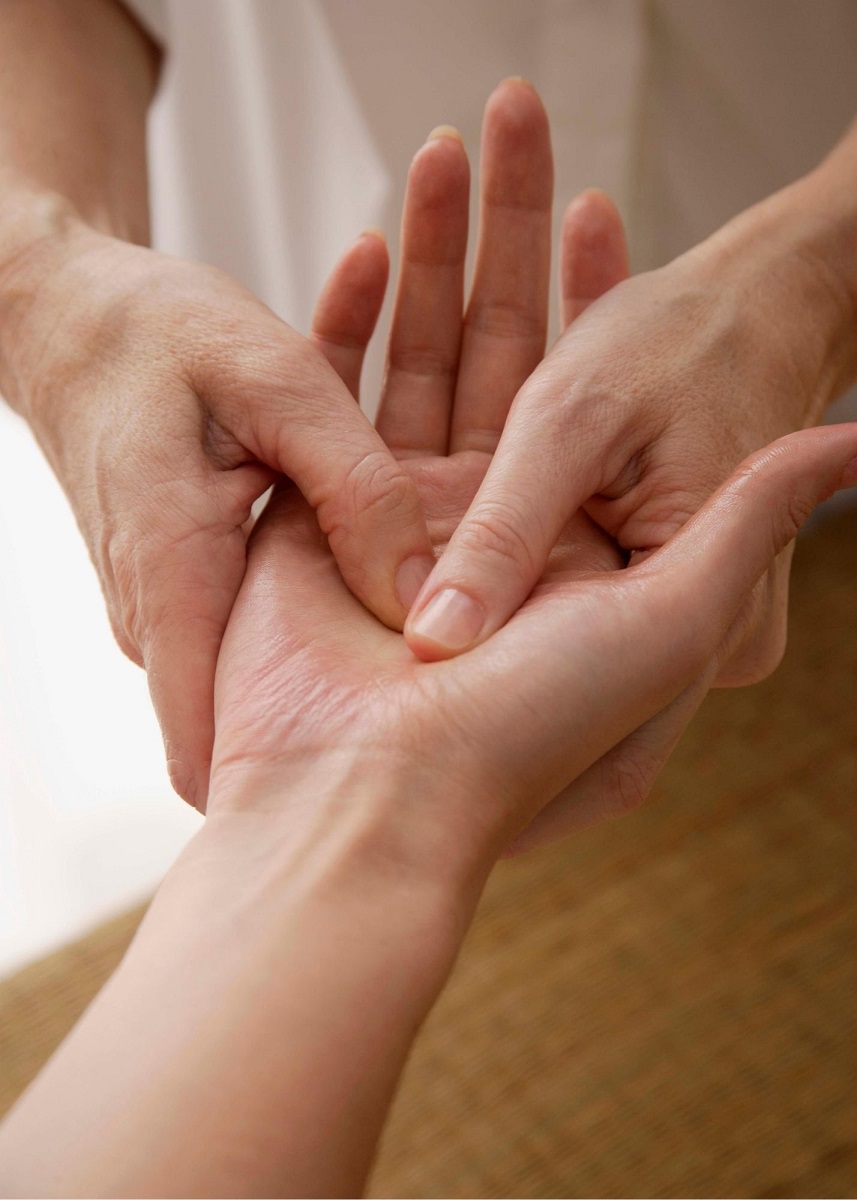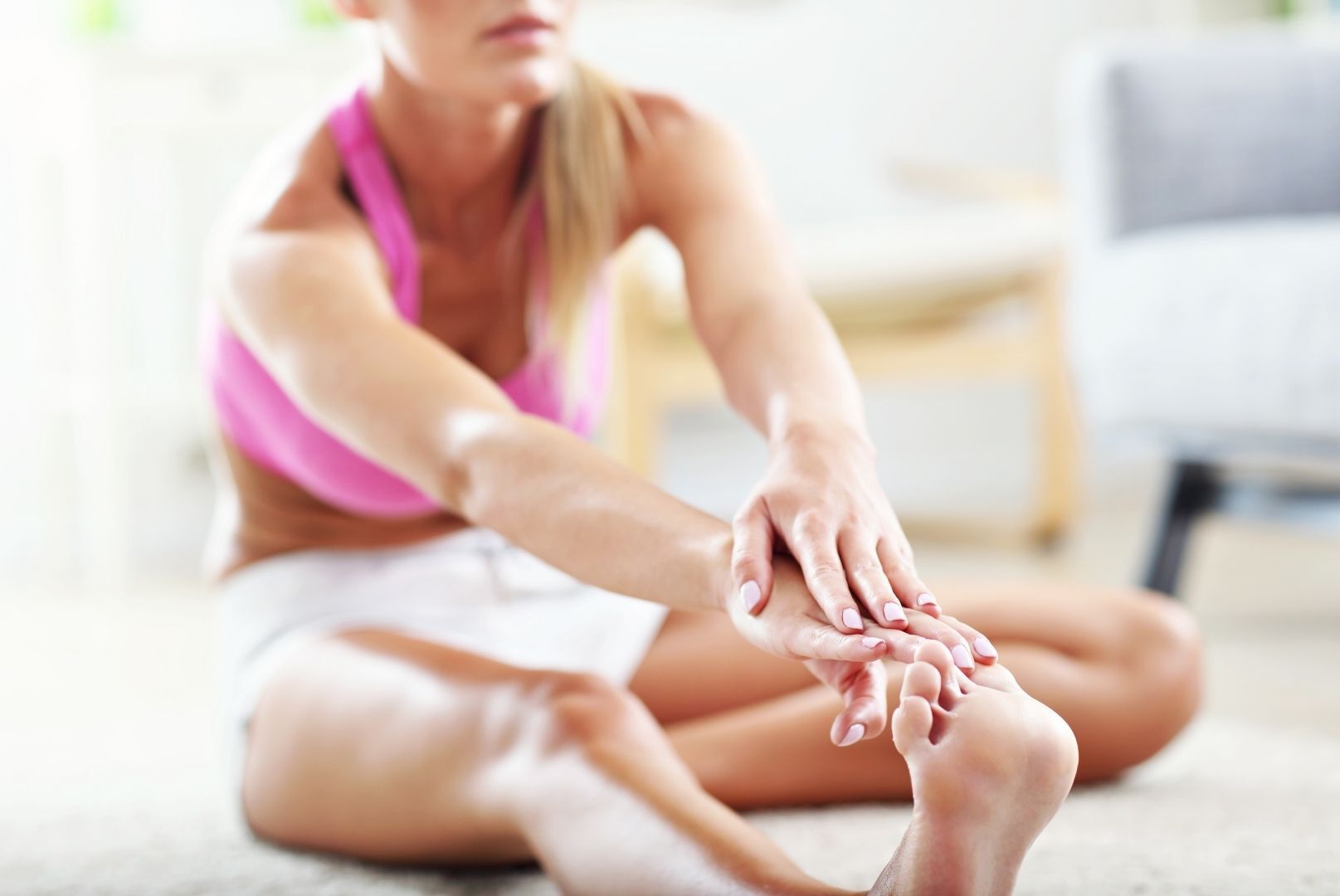
Why You’re Addicted to Cracking Your Knuckles & Should You Stop?
“Doesn’t that hurt?”
“It will give you arthritis!”
“Why do you crack your knuckles so much?”
“Isn’t that bad for you?”
We’ve heard it all, right? And I know, knuckle-cracking habits are not the best habit in the world. But some people can’t help it. By now, cracking my knuckles is as deeply embedded in someone’s lifestyle as applying lip balm when your mouth feels dry or eating when you’re hungry. Some people don’t even realize they crack their knuckles as much as they do!
That said, if you don’t want to be that girl who pops her knuckles all day at work (even I’ll admit that the noise is disturbingly loud for such a small action), then keep reading. Besides, don’t you want to stop hearing people tell you that you’re damaging your joints? Cracking your knuckles isn’t really harming you, right?
And while we’re asking questions, what is knuckle cracking, anyway?
It’s a simple question, but one most of us have asked ourselves: What’s cracking in the body when we hear that popping sound? Many believe that cracking knuckles is the bones realigning, which couldn’t be further from the truth. Actually, the process has to do with your joints.
Knuckle cracking is the audible sound that occurs when the joints of your fingers are stretched. These joints are called synovial joints and are surrounded by fluid-filled capsules. That fluid, called synovial fluid, is there for lubrication and is made up of dissolved gases—mostly nitrogen.
When you pull or bend your finger (these are the two most common cracking motions), you stretch that fluid-filled capsule. This decreases pressure inside the gas-packed fluid, causing a small nitrogen bubble to form and then instantly pop. The collapsing bubble is what causes the audible crack that we hear.
As for why the sound is so loud, science still isn’t totally sure. However, there is a reason why you can’t crack the same joint over and over again. The gases take about 20 minutes to fully dissolve back into the fluid. That’s the refractory period—the amount of time that needs to pass until you can get cracking again.
Aside from some degree of compulsion, cracking the knuckles actually releases several pounds of pressure from the joints. As you use your hands throughout the day and the muscles tighten up, the joints end up feeling tight, as well. Cracking the knuckles gives your fingers and joints a stretch to relieve that pressure buildup. In other words, people crack their knuckles for the same reasons they might take a nice, big stretch in the middle of the day: It provides a sigh of relief.
So, what makes certain people love a good knuckle-popping so much? People that use their hands and fingers regularly during the day without otherwise stretching will feel the need more often. Think writers, coders, surgeons, and artists, to name a few.
But knuckle-cracking dependence goes further than that. Once you get into the habit, you become hooked on that feeling of relief—even the sound itself. Cracking the knuckles is definitely addicting. It’s not something you can stop on a dime (no matter how much your family members and co-workers complain).
Ah, the million-dollar question. People always write off the warnings of arthritis the same way they ignored comments growing up that if you crossed your eyes enough they’d get stuck that way.
Though the phenomenon is somewhat under-studied, science agrees: There is no evidence that cracking your knuckles has any detrimental effect on your body. Intrinsically, there’s nothing about cracking your knuckles that leads to conditions like arthritis.
However, the worst of us knuckle crackers may not be totally off the hook. Bending the fingers to crack them can wear away the cartilage over time if you do it constantly. Try pulling the joint if you feel the need to crack, which is the safest and most effective way to release the gas in your joints.
That said, the long-term effects of knuckle cracking are not well known, and more research is needed.
There are things you can do to lessen the urge to crack your knuckles. Hand, wrist, and forearm stretches performed regularly can help relieve the need to crack your knuckles as often. Every hour or two, try holding your hands in a prayer position in front of your face, then gently pull your hands downward toward your belly button until your elbows spread apart and you feel the stretch. Or, simply clench your hands into a light fist; then spread them wide apart, and repeat.
If you’re committed to leaving your knuckle-popping habit behind you, a certain level of willpower is also necessary, of course. But know that if you still crack a couple times a day, our docs say you’ll be just fine.
Like all things in life, moderation is key.
If you feel tension or need stress relief that is causing you frequent cracking your knuckles, then perhaps massage therapy is a better route to take! Work out the knots, tension, and calm your entire system down with a professional massage at Botanica Day Spa. Your mind will calm, your body will no longer be so stressed, and maybe, just maybe, your knuckle cracking will dwindle!
Call Botanica at 727-441-1711 to book your appointment today!
Love,
Gen



Leave a Reply